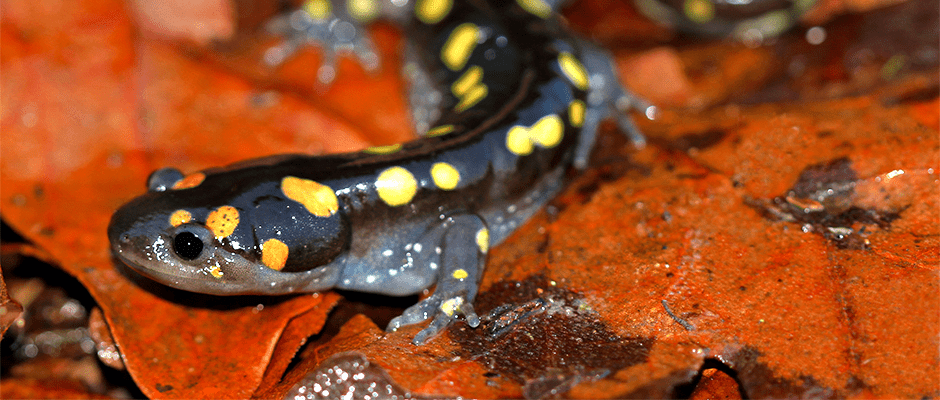- News
-
-
-
-
-
Latest News Articles
- 2024 TWS Elections: Southwest Representative April 25, 2024
- Can these butterflies fill the gap left by their extinct relative? April 25, 2024
- Q&A: TEK and the wildlife profession April 24, 2024
-
-
-
- Wildlife Professional Resources
-
- Our Network
-
- PUBLICATIONS
-
-
Recent Posts
-
 The Wildlife Professional November/December Issue
November 1, 2023
The Wildlife Professional November/December Issue
November 1, 2023
-
-
-
-
-
-
- Wildlife Events
-
-
-
Upcoming Webinars
- No Events
-
-
-
- Who We Are
-
Tag: aquatic ecosystem

November 19, 2018
Mosquito repellent kills salamander larvae
Human use of mosquito repellents can be important to combat mosquitoes carrying deadly diseases such as Zika, chikungnya and West Nile virus. But researchers found one common mosquito repellent can...

